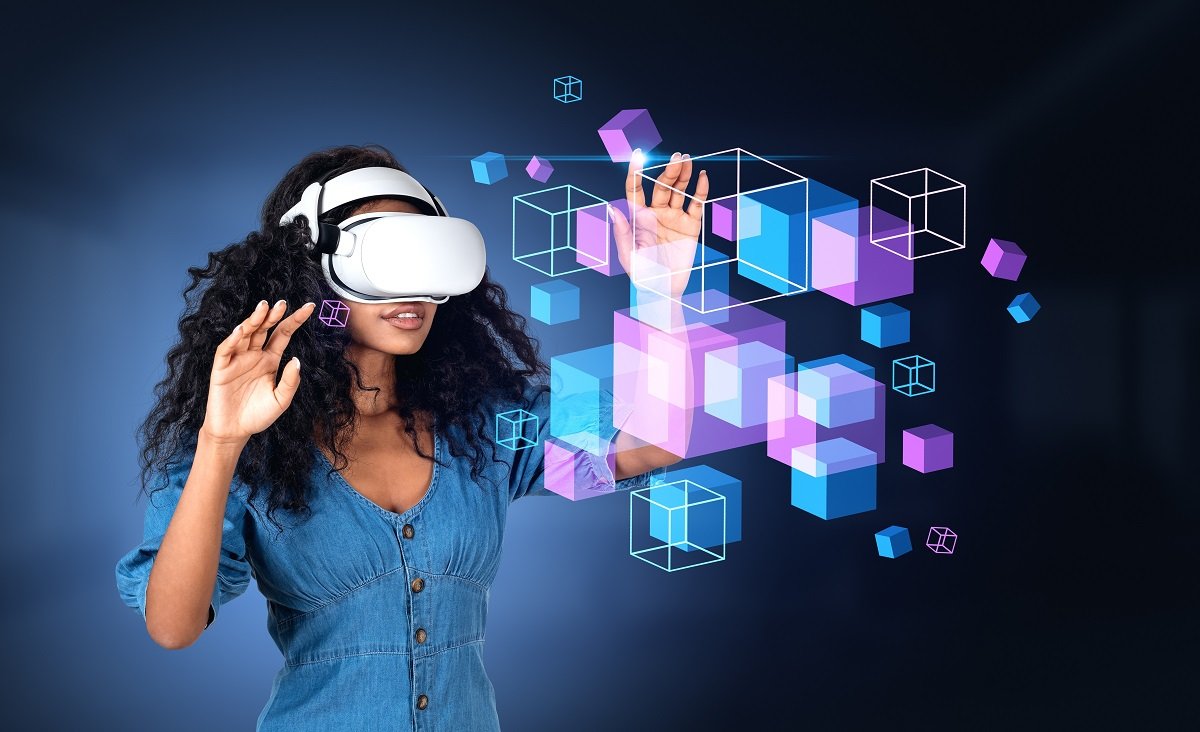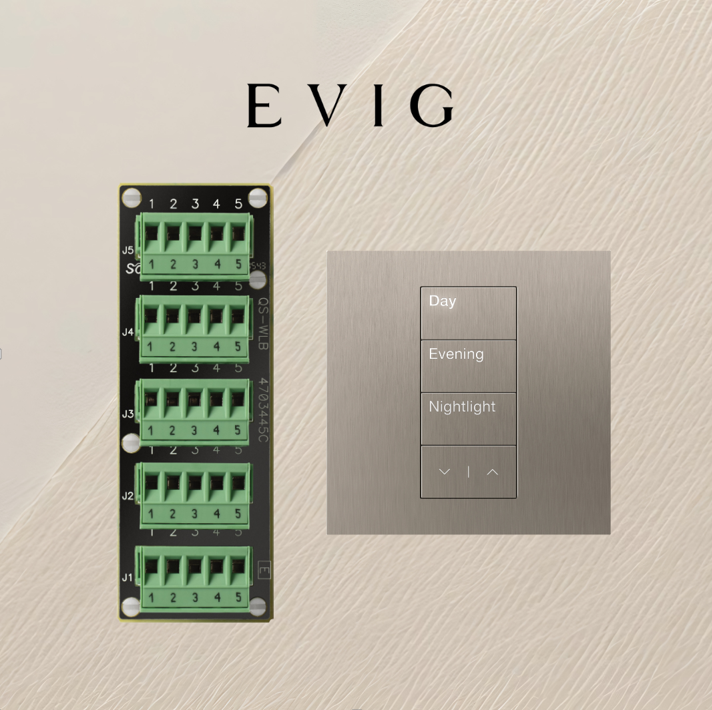How Tech Is Changing the Landscape of Higher Education
The integration of technology in higher education is reshaping traditional learning paradigms. Online platforms enable access to resources regardless of location, while artificial intelligence personalizes educational experiences. Moreover, tools designed for interaction enhance student participation in virtual settings. As institutions adapt to these changes, questions arise about the implications for teaching methodologies and student outcomes. What does this evolution mean for the future of education and the skills required in a rapidly changing job market?
The Rise of Online Learning Platforms
How has the surge of online learning platforms reshaped the educational landscape?
These platforms have revolutionized traditional education by introducing virtual classrooms that transcend geographical boundaries.
Students now enjoy flexible scheduling, enabling personalized learning experiences tailored to individual needs.
This shift empowers learners to take control of their education, fostering a sense of autonomy and promoting lifelong learning in an increasingly interconnected world.
See also: How Tech Is Supporting Mental Wellness Apps
The Role of Artificial Intelligence in Education
As educational institutions increasingly integrate artificial intelligence (AI) into their curricula, the potential for personalized learning experiences expands significantly.
AI tutoring systems leverage predictive analytics to tailor instruction to individual student needs, enhancing comprehension and engagement.
This technology not only identifies learning gaps but also promotes autonomy, allowing students to navigate their educational paths more freely and effectively, ultimately reshaping the learning landscape.
Enhancing Student Engagement Through Technology
While technology continues to evolve, its role in enhancing student engagement has become increasingly pivotal within higher education.
Virtual classrooms, equipped with interactive tools, foster dynamic learning environments that encourage participation and collaboration.
These advancements not only facilitate real-time feedback but also empower students to take ownership of their education, ultimately cultivating a more engaged and motivated academic community.
The Future of Personalized Learning Experiences
Emerging technologies are set to revolutionize personalized learning experiences in higher education, moving beyond traditional one-size-fits-all approaches.
Through adaptive assessments, institutions can tailor evaluations to individual student needs, while customized curricula allow for a more relevant and engaging educational journey.
This shift promises to empower learners, fostering autonomy and enhancing their pursuit of knowledge in a rapidly changing world.
Conclusion
As traditional classrooms yield to innovative online platforms, the landscape of higher education undergoes a profound transformation. While technology fosters unprecedented accessibility and personalized learning, it simultaneously challenges educators to adapt their teaching methods. This juxtaposition between flexibility and the need for effective engagement highlights a pivotal shift: students are not merely passive recipients of knowledge but active architects of their educational journeys. In this evolving paradigm, technology becomes both a tool for empowerment and a catalyst for reimagining the future of learning.






